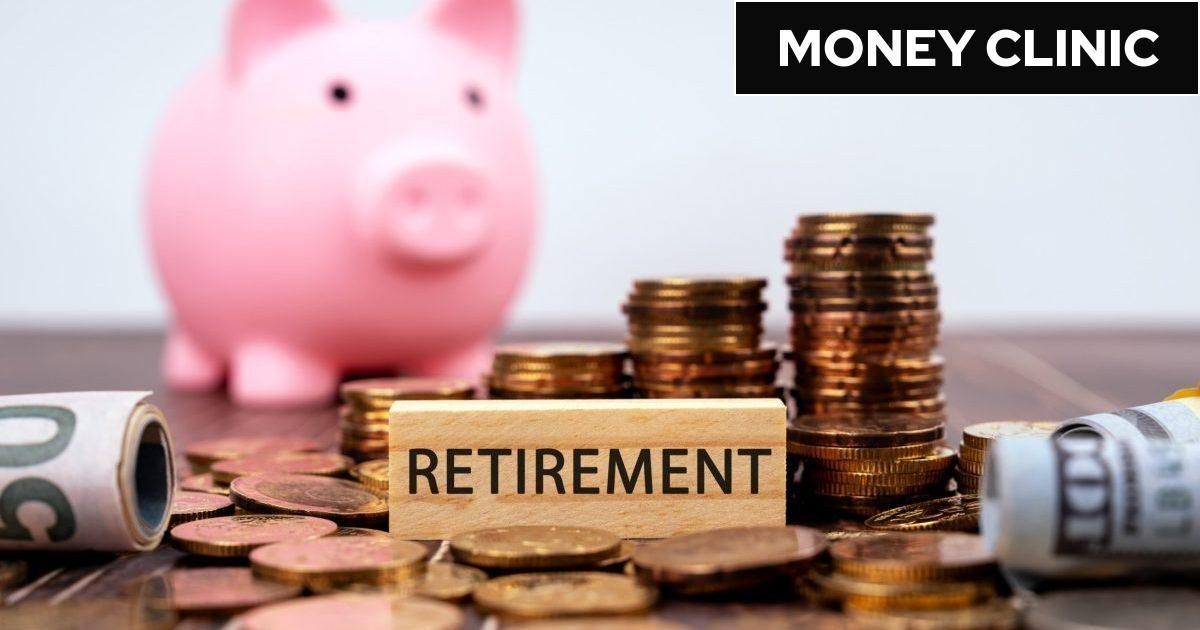New pension rules come into play from 2027, but how do they affect how you should take your money
In our weekly series, readers can email in with any question about retirement and pension savings to be answered by our expert, Tom Selby, director of public policy at investment platform AJ Bell. There is nothing he does not know about pensions. If you have a question for him, email us at money@inews.co.uk.
Question: I’m planning to retire in three years’ time and trying to understand the implications of the government bringing unspent pensions into inheritance tax (IHT). In short: from a purely IHT basis, will I be better off entering drawdown or buying an annuity?
Answer: First thing’s first: despite it being one of the most hated taxes in the UK, IHT is levied on a minority of households – so it might not affect you at all. You will need to exhaust your nil-rate band of £325,000 and main-residence nil-rate band of £175,000 before any of your estate is exposed to an IHT charge of 40 per cent.
Secondly, if your estate, including any unspent pensions, is being inherited by your spouse or civil partner, there will be no IHT to pay at all.
And thirdly, in general terms, it is best not to let the tax tail wag the pensions or investment dog. Tax, including IHT, is clearly a consideration when making retirement decisions, but it should not be the only consideration.
So, what has the government announced? Under existing rules, any unspent pensions you have on death, up to a certain limit, can usually be passed to your nominated beneficiaries completely tax-free if you die before age 75. If you die after age 75, your nominated beneficiaries will be taxed in the same way as income when they come to access the inherited pension.
This is set to change from April 2027, with the government confirming unspent ‘defined contribution’ (DC) pensions will be subject to IHT from then onwards. For those unfamiliar with the jargon, a DC pension is a retirement pot that you own, with contributions benefitting from upfront tax relief, your fund able to grow tax-free and your money available to access as you wish – with up to a quarter tax-free – from age 55 (rising to age 57 in 2028).
This means that, broadly, any money left in a DC pension pot on death – whether it’s untouched or has been put into ‘drawdown’ – will count towards your estate for IHT purposes. As mentioned at the beginning, this does NOT mean you will automatically pay IHT, which will only become a factor where you are passing assets to a non-spouse/civil partner and have exceeded your IHT nil-rate bands.
In addition, certain lump sum death benefits from defined benefit (DB) schemes will also be subject to IHT.
If you use some or all of your pension pot to buy a single-life annuity – a guaranteed income for life paid to you by an insurer – then IHT will not be a factor as that income stops being paid when you die.
If you opt for a joint-life annuity – where a proportion of your guaranteed income is paid to someone else on death – IHT will not apply on the survivor’s annuity. If this is paid to your spouse or civil partner, it is subject to the same tax treatment as money left untouched in a DC pot or in drawdown. If the recipient of a joint annuity income on death is not a spouse or civil partner, this will also fall outside the estate for IHT purposes.
In addition, if you have an annuity with a ‘guarantee period’ – which allows you to set a time period during which, if you die, the remaining income payments are paid to a nominated beneficiary – those inherited funds will count towards your estate for IHT purposes.
So, in most cases, there will be no difference between the IHT treatment of inherited annuities and money held in drawdown on death. It will therefore usually be sensible to focus on your long-term retirement needs when choosing which income route to go down.
Broadly, annuities tend to be more suitable where you have predictable retirement spending patterns, have no appetite for investment risk and don’t want to engage with your pension in retirement. Drawdown offers greater choice and flexibility, along with the potential to generate long-term investment growth, but requires a more active approach.
